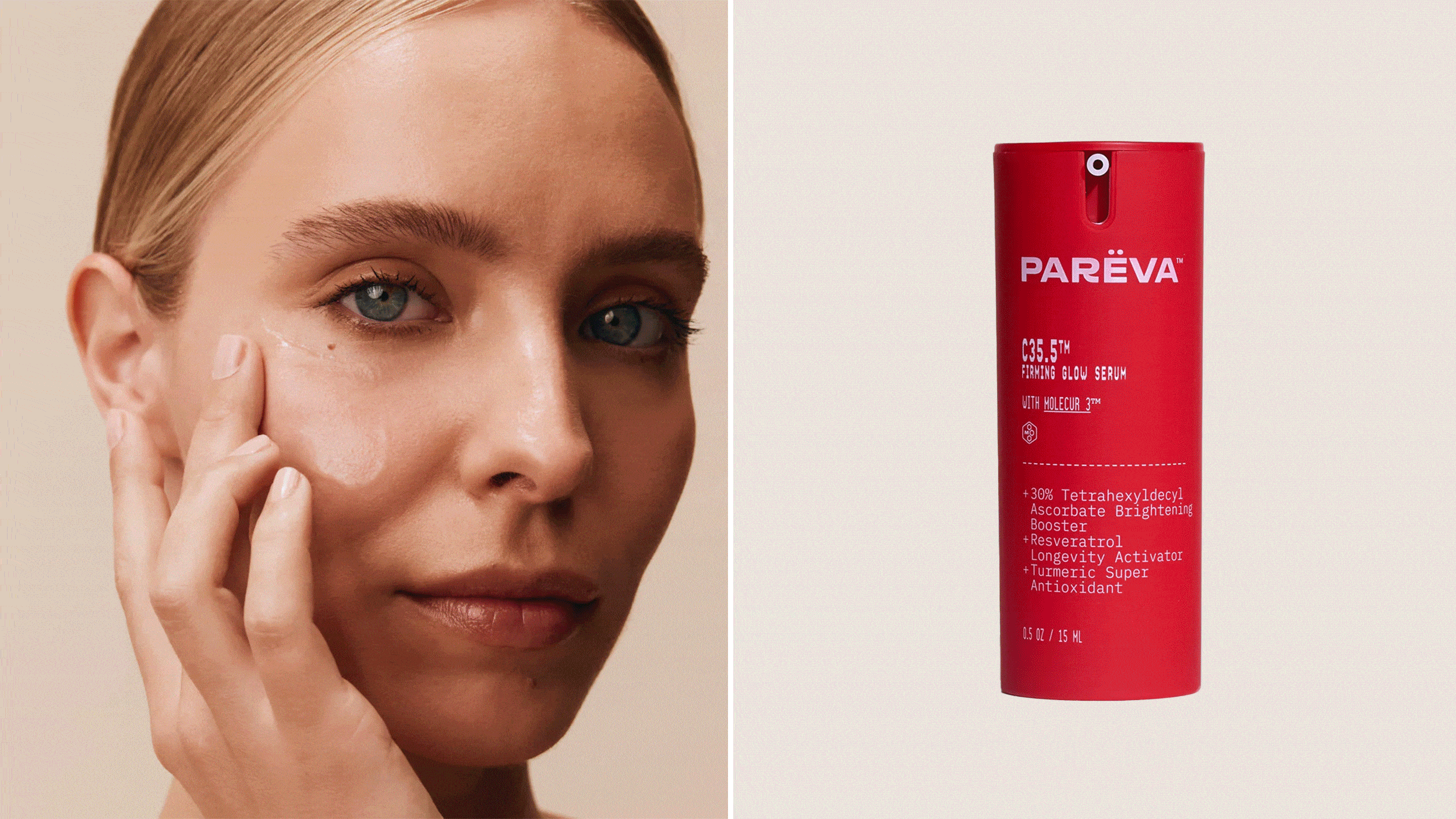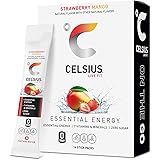Exosomes in Skincare: The Secret Game-Changer Your Routine Has Been Missing—Here’s Why You Need Them Now!
Ever wonder if exosome skincare is the next big miracle or just another flashy fad destined to fizzle out? I mean, with all the buzz floating around, it’s tempting to jump on the bandwagon. But here’s the catch: the science behind these tiny cell messengers is still pretty sketchy, especially when slathered on your skin as creams. Experts like Spearman and King remind us that while there’s some promising research—mostly from lab tests or high-tech procedures like microneedling—the proof for those over-the-counter potions? Well, it’s kinda thin. Plus, with no standard rules for potency or purity, you might be rolling the dice every time you buy a bottle. So before you empty your wallet, let’s dig a little deeper and set the record straight on whether topical exosomes are worth the hype or just hype. LEARN MORE

“At this stage, exosome skincare is more of a ‘nice to try’ rather than a must-have,” says Spearman. The reason is that the research is minimal, particularly when it comes to topical products. However, “There are studies supporting the efficacy of exosomes,” says King. “Most strong data come from in vitro studies or medical aesthetic treatments, like exosome solutions applied after microneedling, not from over-the-counter exosome creams, so there is an evidence gap.”
In other words, topical exosomes may not be a silver bullet—despite the sudden marketing push. “Stability is an issue, penetration is a question, and there isn’t regulation or standardization yet, so that means that purity, potency, and consistency can vary immensely between brands.”
Spearman tells patients “temper expectations” with topicals. “Without microneedling or laser channels, exosomes cannot reliably reach the dermis in meaningful concentrations,” she explains. “Some medical-grade formulations are experimenting with encapsulation or delivery systems that may improve penetration, but data is limited. I usually tell patients that while topical exosomes are unlikely to cause harm, the more noticeable results still come from in-office treatments where penetration is enhanced.”




















Post Comment